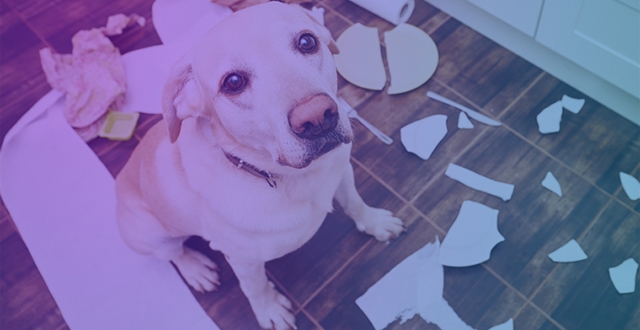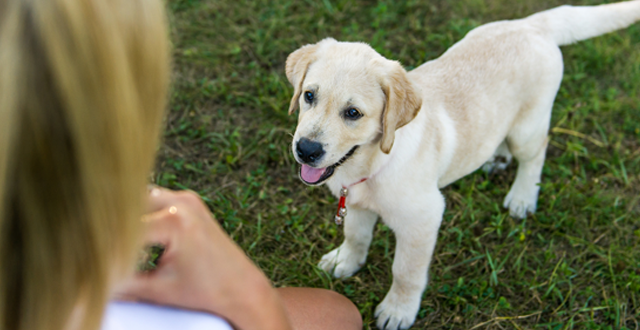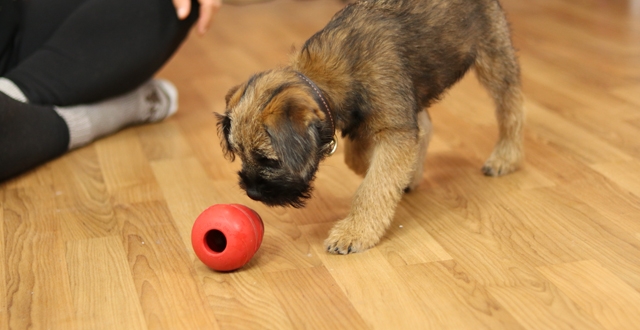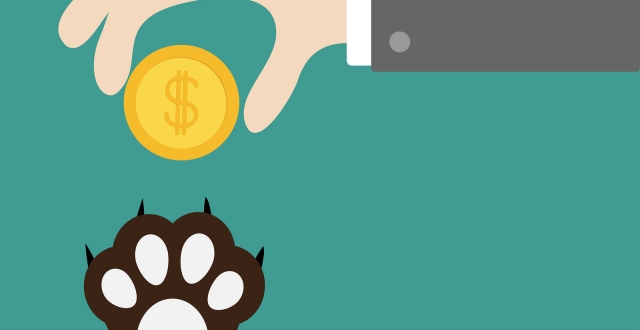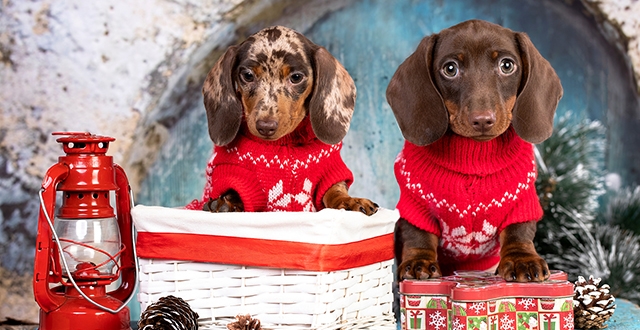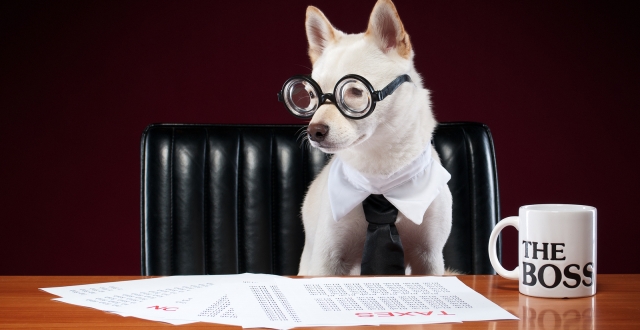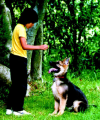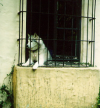- Before You Get Your Puppy
- Raising a Puppy
- Manners & Obedience
- Adult Dog Training
- Behavior Problems
- Dog Behavior
DogStarDaily.com is a free website for dog lovers — a daily magazine with news, blogs, and articles about dog behavior, and a comprehensive digital dog training textbook with everything you need to know about training your puppy or dog.
We so strongly believe that puppy husbandry and training information is so important that it should be freely available to all, with the hope that dogs (and their humans) will be happier and healthier because of it. more »
Copyright © 2007-2024 Dog Star Daily.
All Rights Reserved.
Maintenance by Jeneration Web Development
All Rights Reserved.
Maintenance by Jeneration Web Development

